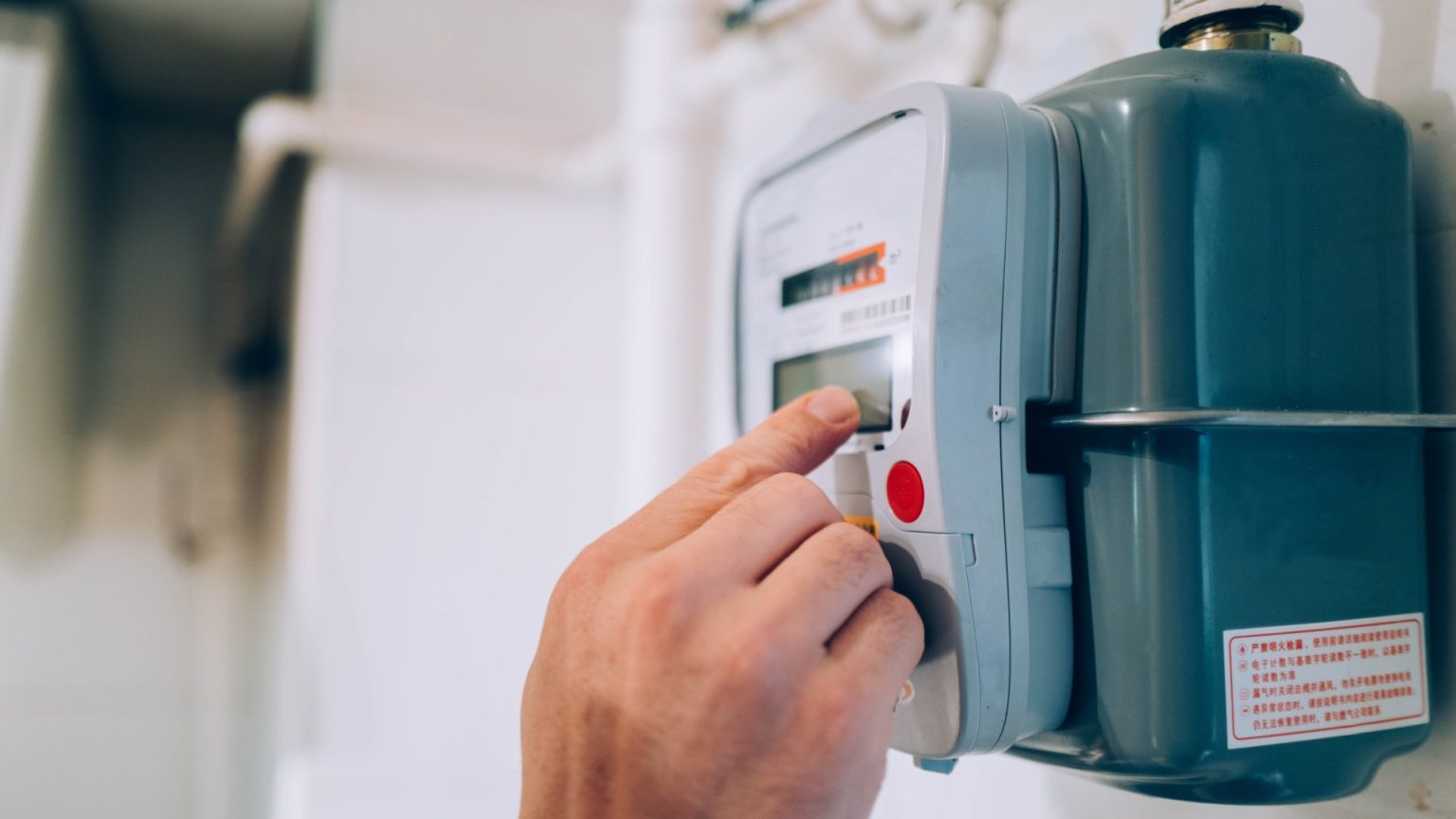The impending discontinuation of the Radio Teleswitch Service (RTS) is prompting a massive undertaking to transition over half a million UK energy customers to smart meters within the next six months. RTS, a long-wave radio signal, is currently used to control electricity meters for customers on multi-rate tariffs, such as Economy 7, which offer cheaper electricity during off-peak hours. The obsolete technology supporting RTS is scheduled to be switched off permanently on June 30, 2024, necessitating the urgent replacement of these legacy meters. Failure to upgrade to a smart meter before the deadline could have significant consequences for consumers, including disrupted heating and hot water supply, inaccurate billing, and potentially higher energy costs. Suppliers are racing against the clock to facilitate the transition, aiming to migrate approximately 100,000 customers per month to meet the deadline.
The scale of this transition is considerable, with an estimated 600,000 households still relying on RTS meters. This figure has decreased from the initial estimates of 900,000 at the start of the year and 800,000 in October, highlighting the progress made so far. However, a significant number of customers remain at risk of having their meters rendered effectively “dumb” after the switch-off. Ofgem, the energy regulator, is working closely with energy suppliers and consumer groups to ensure a smooth transition. A focused strategy has been implemented, prioritizing vulnerable customers and regions with high concentrations of RTS meter users. Suppliers have submitted plans to Ofgem outlining their strategies for reaching the remaining 600,000 customers and mitigating potential issues for those who may not transition in time.
Customers on RTS meters are typically those with electric heating or storage heaters, often residing in areas without gas supply, including rural communities and high-rise buildings. These customers benefit from multi-rate tariffs like Economy 7 and Economy 10, which provide cheaper electricity during off-peak periods. Identifying an RTS meter involves checking for a separate switch box near the meter with a corresponding label, or confirming with the energy supplier directly. The term “dynamically teleswitched” (DTS) is sometimes used interchangeably with RTS.
Smart meters are the designated replacement for RTS meters, offering similar functionality, including compatibility with time-of-use tariffs. These digital meters provide real-time energy usage data, empowering consumers to monitor and manage their consumption more effectively, potentially leading to cost savings. While smart meters have been widely rolled out across the country, with approximately 36 million installations, they have not been without their challenges. Issues such as faulty displays, connectivity problems, and outdated technology in some first-generation meters have been reported. However, current smart meter installations are less likely to suffer from these older issues.
Despite these challenges, Ofgem and energy suppliers advocate for smart meters as the optimal solution. They offer advantages over traditional meters and provide consumers with greater control and access to more tailored tariffs. If a smart meter malfunctions, suppliers are expected to rectify the issue, although customers may need to revert to manual meter readings temporarily. New monitors, which display readings and usage, are generally covered by a warranty and should be replaced or repaired free of charge within the first year. While customers can request a traditional meter, suppliers are not obligated to provide one as the national rollout of smart meters continues.
Ofgem mandates that suppliers ensure customers transitioning from RTS meters are offered comparable tariffs, working with the customer to find a suitable alternative where a like-for-like option is not available. This transition also opens up opportunities for customers to access exclusive smart meter tariffs, potentially leading to further savings. Customers who have not yet been contacted by their supplier regarding the RTS switch-off are encouraged to proactively contact their supplier to initiate the changeover process. This proactive approach will help ensure a seamless transition and avoid potential disruptions to energy supply and billing accuracy.











